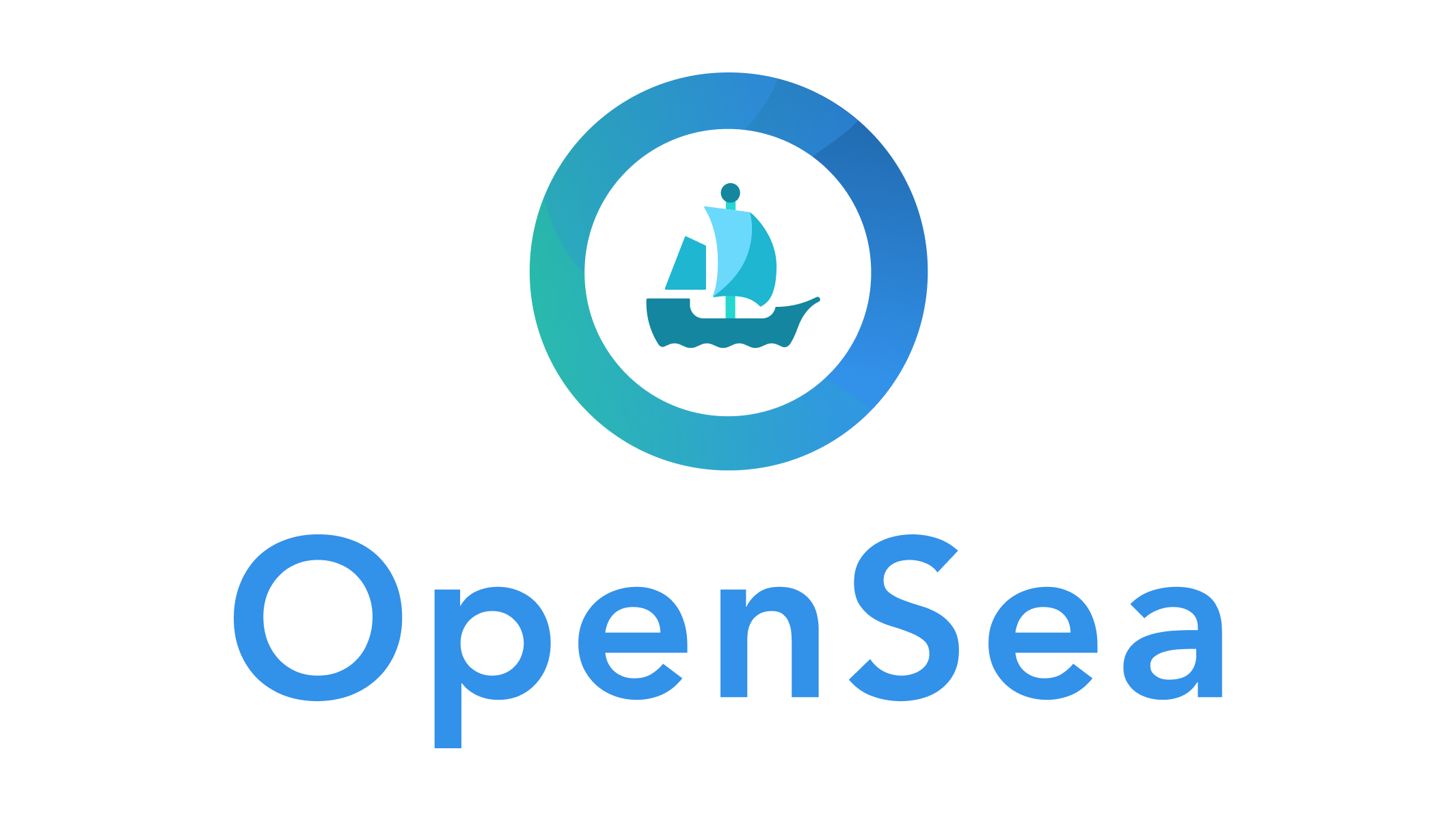Bolt, an Estonian mobility company with a presence in Africa, Europe and Asia, recently received backlash from its drivers, for running a conditional healthcare insurance promotion for its app-based drivers.
The promotional healthcare plan, advertised via email, says unregistered drivers have to do 200 trips, within a month, to qualify. It also states that about 1,500 drivers are already enjoying the benefits of the healthcare plan. But, without meeting the 200-trips condition, the drivers stand to bear the cost personally for any unexpected circumstance that may result in ill health while on the job.
Bolt Nigeria announced in January that it has over 700,000 drivers in Africa, and planned to add 200,000 more drivers. In Nigeria, it is estimated that it has over 10,000 registered drivers, meaning that up to 80% of the drivers do not enjoy health insurance.
Reacting to this, the co-founder of the National Union of Professional App-Based Transport Workers, Ayoade Ibrahim, called for the managers of the e-hailing platform to reconsider, and make the healthcare plan available to everyone without conditions.
Seriously @boltapp@Boltapp_ng provide promotional healthcare for app-based drivers & must pick 200 Riders [customers] before benefit for only one month. We demand full social security without any conditions attached.
Ayoade Ibrahim
Ayoade used the hashtag #RespectLabourLaw to draw attention to the fact that Bolt Nigeria may be violating Labour laws if it only gives health insurance to drivers who meet a certain condition.
He also draws attention to social security – a system of “social protection established by legislation, or any other mandatory arrangement, that provides individuals with a degree of income security when faced with the contingencies of old age, survivorship, incapacity, disability, unemployment or rearing children. It may also offer access to curative or preventive medical care.”
Is there protection from the law?
The Employee Compensation Act 2010 applies to all employees in the private and public sectors in Nigeria. The Act imposes obligations on employers of labour in both the private and public sector of the economy throughout the Federation to deduct 1% from the monthly salary of its employees and remit it to an Employee Compensation Fund (which is the authority responsible for implementing the Act), as provided under Section 33 of the Act in event of death, injury, disease, or disability of the employee arising in course of employment.
The Act also established the Nigerian Social Insurance Trust Fund Board (NSITF) by Section 2(2) of the Act as the Board that has the power to implement the fund established under the Act. The scheme is targeted at protecting private-sector employees and their dependents from financial difficulties in the event of diseases, injury, or death associated with the employee’s employment.
The scale of compensation for an injury, disease, or death suffered in the course of employment is provided under Part IV of the Act. Section 17 of the Act provides for compensation in fatal cases as it provides that where death results from an injury of an employee, compensation shall be paid to the dependants of the deceased. The compensation paid to the employee’s widow(er) or children ranges from 30% -90% of the employee’s total monthly remuneration as at the date of death, although this is dependent on the circumstances of the dependants.


National Health Insurance Act
Since the institution of the National Health Insurance Act, it is required by Nigerian law that any employer with ten or more employees must register them to contribute to the National Health Insurance Scheme.
It is a pre-payment plan where participants pay a fixed regular amount. The amount/funds are pooled, allowing the Health Maintenance Organisations(HMOs) to pay for those needing medical attention. It is primarily a risk sharing arrangement which can improve resource mobilisation and equity. It is indeed regarded as the most widely used form of health care financing worldwide.
However, the drivers are not direct employees of Bolt Nigeria and may not be eligible for employee benefits according to Nigerian law, especially as Bolt treats its drivers as self-employed individuals.
In a personal phone call with Technext, Ibrahim argues that the conditions for the health insurance scheme should be refined.
The company had earlier mentioned that they were in partnership with an insurance company to provide insurance for drivers, however, drivers have been involved in accidents and they didn’t benefit from any insurance policy as it should be. Health insurance ought to be free for someone working for you. This is even more important in a job where the drivers pay more commission than they earn.
Ayoade Ibrahim
Ayoade says there are times when Bolt Nigeria delisted drivers from the platform because they (drivers) were involved in an accident and reached out to the platform for help.
See also: Bolt raises $714m in its largest funding round for expansion and scaling of new businesses
This is not the first time Bolt Nigeria has been called out for being anti-driver friendly.
The e-hailing platform was called out about four months ago by its drivers, who protested the company’s leasing plans. They rejected its plans to lease out energy-efficient vehicles for an ‘inconsiderate sum’ of NGN8 million with a “very constricting” payment plan.
The plan which is part of the mobility company’s deal with Metro Africa Express to enable Nigerian drivers take part in a lease-to-own plan, saw a huge setback as drivers expressed their refusal of the leasing arrangement.
Bolt Nigeria has been reached but has not responded.






